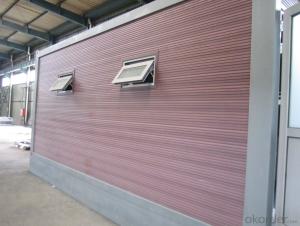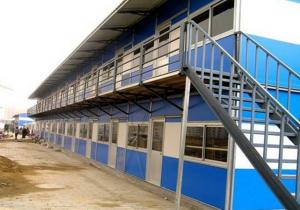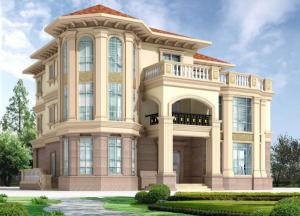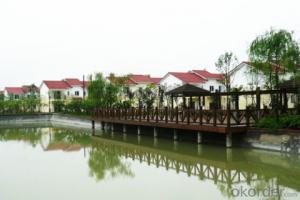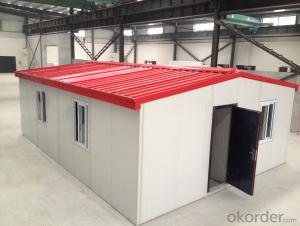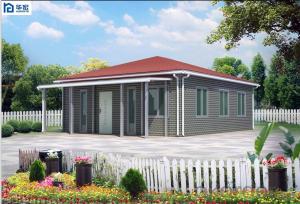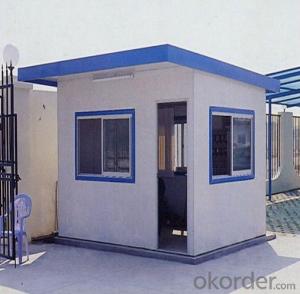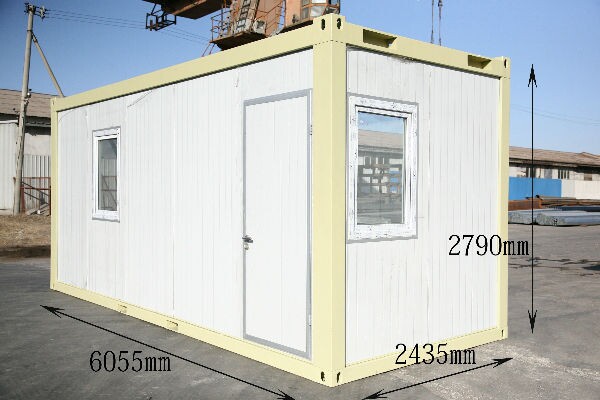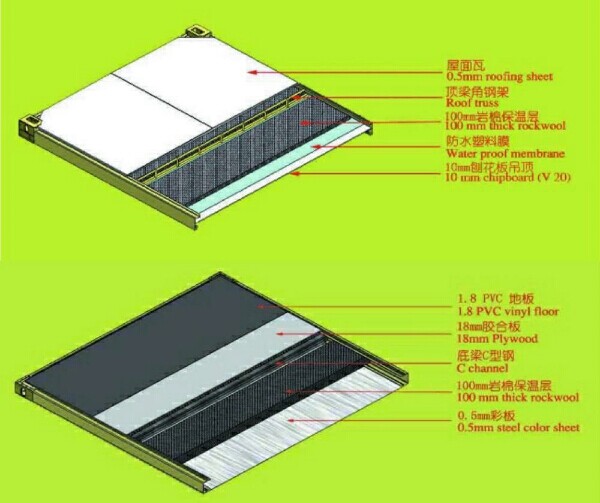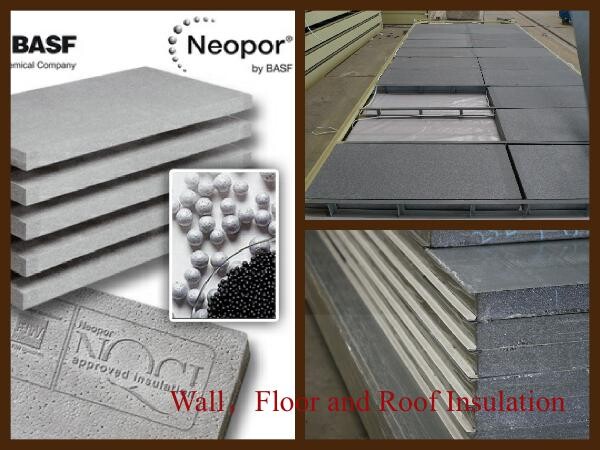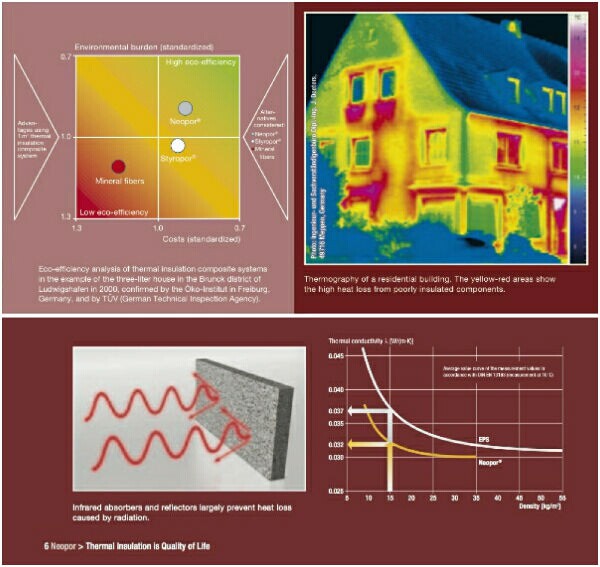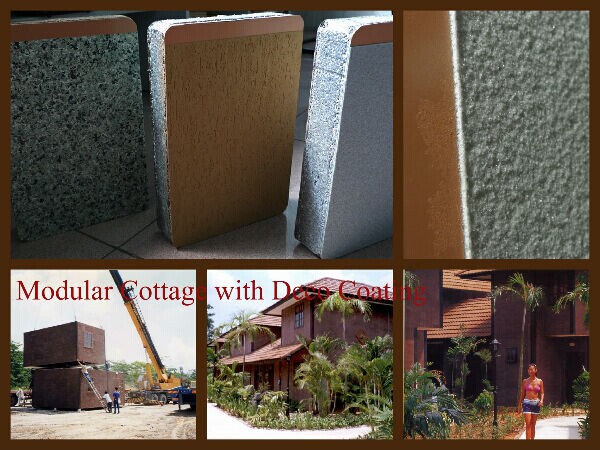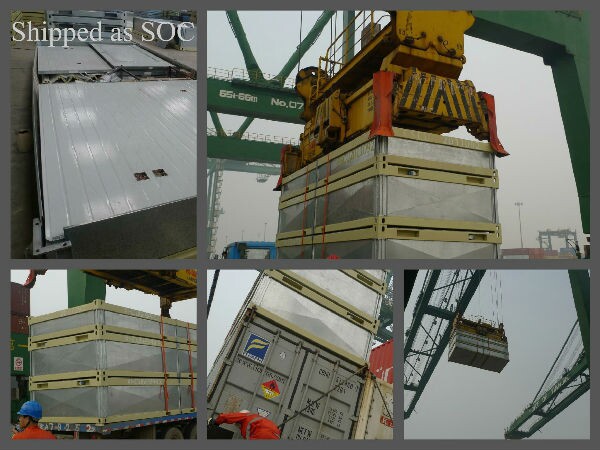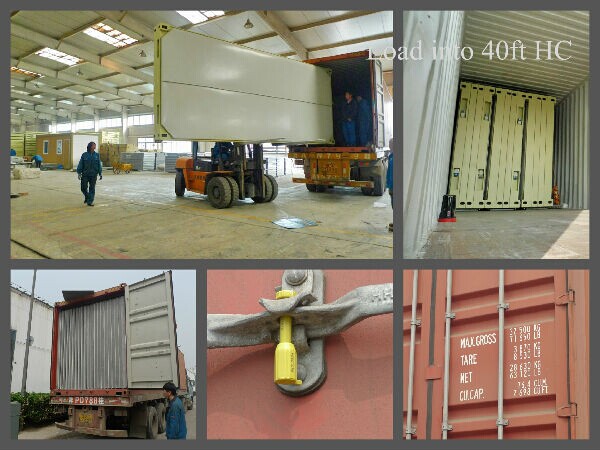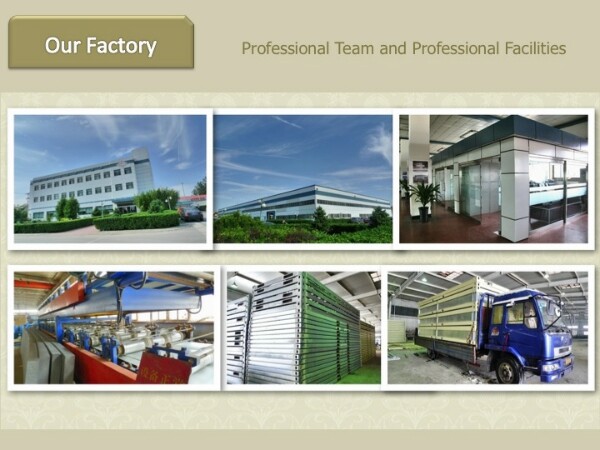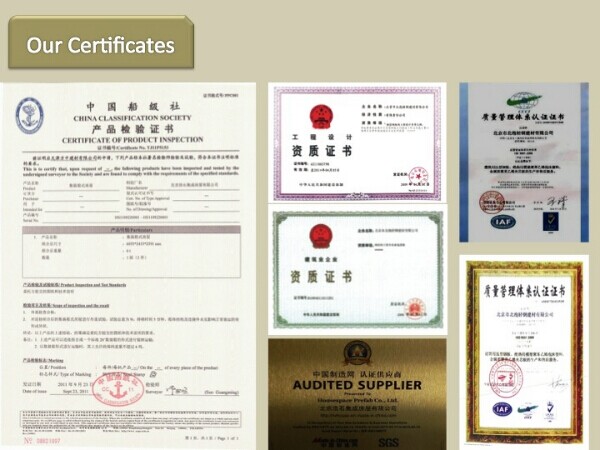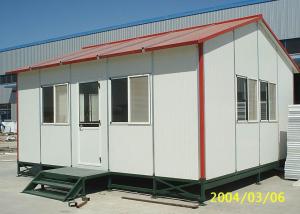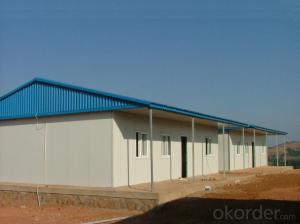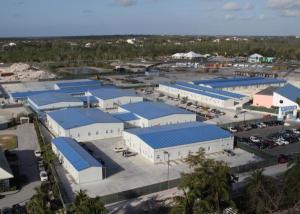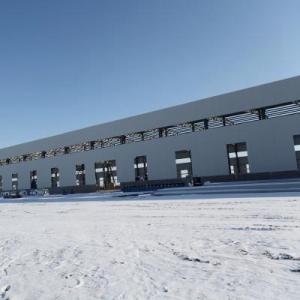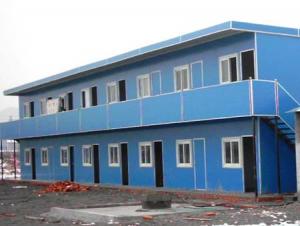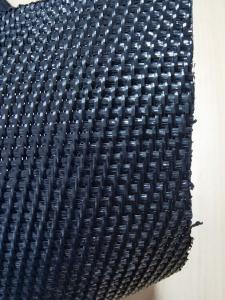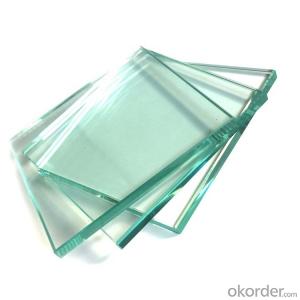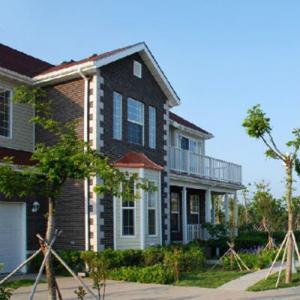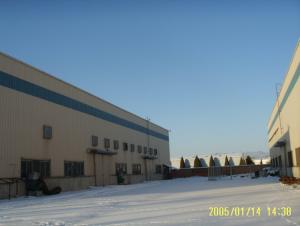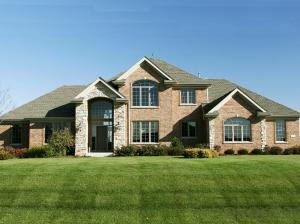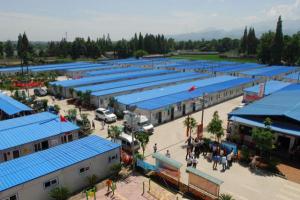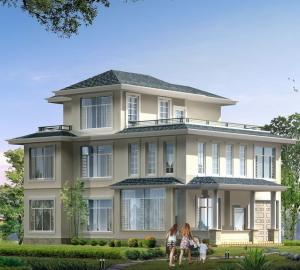Prefabricated Wooden Prefab Container House with Sandwich Wall Panel in South Africa
- Loading Port:
- Tianjin
- Payment Terms:
- TT OR LC
- Min Order Qty:
- -
- Supply Capability:
- 500 Sets /month
OKorder Service Pledge
Quality Product, Order Online Tracking, Timely Delivery
OKorder Financial Service
Credit Rating, Credit Services, Credit Purchasing
You Might Also Like
- Q:Can container houses be built on uneven terrain?
- Yes, container houses can be built on uneven terrain. One of the advantages of using shipping containers for building homes is their versatility and adaptability to different landscapes. With proper preparation and foundation work, containers can be placed and secured on uneven terrain. The process usually involves leveling the ground, creating a stable foundation, and using support beams or piers to ensure stability. Additionally, modifications can be made to the containers themselves, such as cutting and welding, to conform to the uneven terrain and create a level living space inside. Overall, while some additional planning and construction may be required, container houses can definitely be built on uneven terrain.
- Q:Are container houses suitable for agricultural or farming purposes?
- Container houses can be suitable for agricultural or farming purposes, depending on the specific needs and requirements of the farm. They can be used as storage units for tools and equipment, as well as for housing farm workers or as temporary shelters for animals. However, it is important to consider factors such as insulation, ventilation, and space requirements before deciding if container houses are the best option for agricultural or farming purposes.
- Q:Are container houses suitable for eco-tourism or sustainable resorts?
- Yes, container houses are suitable for eco-tourism or sustainable resorts. Container houses, also known as shipping container homes, are a sustainable and eco-friendly alternative to traditional housing options. They are made from repurposed shipping containers, reducing the demand for new construction materials and minimizing waste. Container houses can be designed with eco-friendly features such as solar panels, rainwater collection systems, and energy-efficient insulation. These features enable them to operate off-grid and reduce the reliance on traditional energy sources. By utilizing renewable energy and conserving resources, container houses contribute to the overall sustainability of eco-tourism or sustainable resorts. Furthermore, container houses are highly versatile and can be easily transported and assembled in remote or natural areas. This allows for the development of eco-tourism destinations in previously inaccessible locations, while minimizing the disturbance to the surrounding environment. The small footprint of container houses also helps to preserve the natural landscape and biodiversity of the area. In addition, container houses can be designed to blend harmoniously with the natural surroundings, using sustainable materials and incorporating green roofs or vertical gardens. This integration with the environment enhances the eco-tourism experience by providing guests with a closer connection to nature while minimizing the impact on the ecosystem. Overall, container houses offer a sustainable and eco-friendly housing solution for eco-tourism or sustainable resorts. Their ability to reduce waste, conserve resources, operate off-grid, and blend with the natural surroundings make them a suitable choice for those seeking to create environmentally conscious and sustainable tourism destinations.
- Q:Are container houses safe from extreme weather conditions?
- Container houses have the potential to be safe and secure in extreme weather conditions, thanks to their ability to withstand hurricanes, earthquakes, and other natural disasters. By incorporating proper insulation, reinforced structures, and additional features, container homes can meet stringent building codes for high wind zones and seismic activity. The durability of container houses is one of their main advantages. Shipping containers are constructed with strong steel to withstand the harsh conditions of sea transport. This inherent strength makes them resistant to wind, rain, and even fire. However, it is important to note that modifications and reinforcements are often necessary to ensure their safety in extreme weather conditions. To provide effective thermal insulation, container homes can be insulated with high-quality materials. This insulation not only prevents heat loss or gain during extreme temperatures but also helps regulate the temperature inside the house, creating a comfortable and safe living environment. In areas prone to hurricanes or tornadoes, container houses can be further secured by anchoring them to a solid foundation or using reinforced concrete footings. Storm shutters or impact-resistant windows can also be added to protect against flying debris during severe weather events. For earthquake-prone regions, additional precautions are required. Engineers can strengthen the container structure by welding or bolting steel beams to increase stability. Proper seismic bracing and foundation design are crucial to ensure the container home remains intact during an earthquake. To ensure the construction of a safe dwelling, it is crucial to collaborate with experienced architects, engineers, and contractors who specialize in container homes. Their expertise in following proper building codes and regulations will provide a secure and reliable living space even in the face of extreme weather conditions.
- Q:Are container houses durable?
- Indeed, container houses exhibit durability. Shipping containers are engineered to endure severe weather conditions, heavy loads, and rough handling during transportation. Constructed with corten steel, renowned for its exceptional resistance to corrosion and rust, they possess remarkable structural integrity. Consequently, container houses are endowed with strength and resilience, enabling them to withstand even the most extreme weather phenomena like hurricanes, earthquakes, and floods. Nevertheless, the durability of a container house is contingent upon its conversion and maintenance. Ensuring long-lasting durability necessitates appropriate insulation, waterproofing, and reinforcement. These modifications enhance the structural integrity of the container house, rendering it more impervious to wear and tear. Furthermore, the regular upkeep of a container house is paramount for its longevity. Conducting periodic inspections, repairs, and repainting aids in averting rust and corrosion, thereby guaranteeing the enduring durability of the structure. In conclusion, when subjected to proper conversion and maintenance, container houses can exhibit exceptional durability, capable of withstanding the test of time.
- Q:What is the cost of container renovation housing?
- The general price of the container into a house is very low, the main thing is to look at the interior
- Q:Are container houses suitable for extreme climates?
- The suitability of container houses in extreme climates depends largely on the design and insulation of the structure. Proper planning and modifications can enable container houses to withstand harsh weather conditions and provide a comfortable living environment. Temperature control is one of the main challenges in extreme climates. Effective insulation can prevent excessive heat loss or gain in container houses. This can be achieved by using high-quality insulation materials and adding extra layers to the walls, floors, and roofs. Insulation also helps to reduce energy consumption for heating or cooling, making container houses more sustainable. In extremely cold climates, container house design can be optimized to maximize heat retention. This may involve installing double-glazed windows, using insulated doors, and incorporating passive solar techniques such as orienting the house to capture sunlight. Additionally, heating systems such as radiant floor heating or wood stoves can enhance thermal comfort inside the container house. In areas with scorching heat or high humidity, container houses can be adapted to provide better ventilation and airflow. This can be achieved by incorporating windows, skylights, or even adding a rooftop garden or green roof to reduce heat absorption. Cross-ventilation can also be achieved by strategically placing windows or using fans to circulate air effectively. Moreover, container houses can be designed to withstand extreme weather events like hurricanes or earthquakes. Reinforcements such as steel frames or additional support columns can be added to increase stability and resilience. However, it is important to note that container houses in extreme climates may require additional maintenance and regular inspections. This is to ensure that the insulation remains intact, there are no leaks, and the structure is in good condition to withstand any weather conditions. In conclusion, container houses can be suitable for extreme climates with proper design, insulation, and modifications. While they may require extra considerations and maintenance, container houses offer an affordable and sustainable housing solution that can withstand the challenges of extreme weather conditions.
- Q:Do container houses require a strong foundation?
- Yes, container houses do require a strong foundation. Despite the fact that containers are structurally robust, a solid foundation is needed to evenly distribute the weight and ensure stability of the structure. A strong foundation helps prevent shifting, settling, and potential structural damage over time.
- Q:Are container houses suitable for individuals who enjoy DIY projects?
- For individuals who have a passion for DIY projects, container houses are definitely a suitable option. In fact, they can be a fantastic choice for those who enjoy rolling up their sleeves and taking on various DIY tasks. Container houses present a wonderful opportunity for creative individuals to design and construct their very own unique living space. One of the major advantages of container houses lies in their modular design, which allows for effortless customization. Individuals can easily modify both the interior and exterior of the container to align with their personal preferences. DIY enthusiasts can put their skills to use by creating personalized layouts, installing unique fixtures, and adding creative touches to their container homes. Furthermore, container houses offer a cost-effective alternative for DIY projects. Containers can often be acquired at a relatively low cost, particularly when compared to traditional construction materials. This enables individuals to allocate a larger portion of their budget towards customizing and upgrading their container home. Container houses also present an excellent opportunity for individuals to embrace sustainable living. By repurposing shipping containers, DIY enthusiasts can contribute to the reduction of waste and promote an eco-friendly lifestyle. They can incorporate energy-efficient features such as solar panels, rainwater harvesting systems, and smart appliances to further enhance sustainability. Moreover, constructing container houses is relatively straightforward compared to traditional houses. With a basic understanding of construction principles and skills, individuals can take on the challenge of building their own container home. There are numerous online resources available, including step-by-step guides and video tutorials, that can assist DIY enthusiasts throughout the construction process. To sum up, container houses are an ideal choice for individuals who enjoy engaging in DIY projects. They offer a customizable and cost-effective solution for those who wish to design and construct their own living space. With their modular design, sustainability options, and relative ease of construction, container houses provide the perfect platform for DIY enthusiasts to showcase their creativity and skills.
- Q:Are container houses suitable for military housing?
- Container houses can be a suitable option for military housing due to their durability, mobility, and cost-effectiveness. These houses are built using shipping containers that are designed to withstand harsh conditions, making them ideal for military bases located in various environments. Container houses can easily be transported to different locations, allowing military personnel to be deployed quickly and efficiently. Additionally, the modular nature of these houses allows for easy expansion or reduction of living spaces based on the needs of the military. Furthermore, container houses are typically more affordable compared to traditional housing options, which can be beneficial for the military's budget constraints. Overall, container houses provide a practical and viable solution for military housing needs.
1. Manufacturer Overview |
|
|---|---|
| Location | |
| Year Established | |
| Annual Output Value | |
| Main Markets | |
| Company Certifications | |
2. Manufacturer Certificates |
|
|---|---|
| a) Certification Name | |
| Range | |
| Reference | |
| Validity Period | |
3. Manufacturer Capability |
|
|---|---|
| a)Trade Capacity | |
| Nearest Port | |
| Export Percentage | |
| No.of Employees in Trade Department | |
| Language Spoken: | |
| b)Factory Information | |
| Factory Size: | |
| No. of Production Lines | |
| Contract Manufacturing | |
| Product Price Range | |
Send your message to us
Prefabricated Wooden Prefab Container House with Sandwich Wall Panel in South Africa
- Loading Port:
- Tianjin
- Payment Terms:
- TT OR LC
- Min Order Qty:
- -
- Supply Capability:
- 500 Sets /month
OKorder Service Pledge
Quality Product, Order Online Tracking, Timely Delivery
OKorder Financial Service
Credit Rating, Credit Services, Credit Purchasing
Similar products
New products
Hot products
Hot Searches
Related keywords
